Rielle Navitski
Albert Christ-Janer Creative Research Award 2025
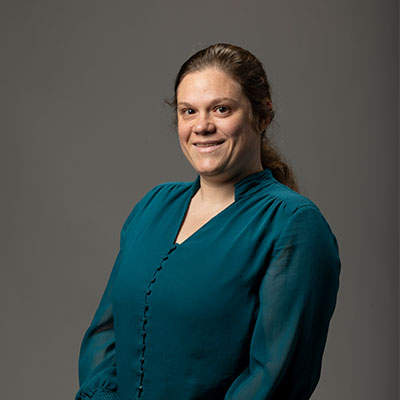
Rielle Navitski, associate professor in the Franklin College Department of Theatre and Film Studies, is a leading scholar in Latin American film and media studies. Her research explores the intersections of cinema and transnational exchange, challenging conventional narratives in film history. She has authored two influential monographs: “Public Spectacles of Violence,” which examines sensational cinema and journalism in early 20th-century Mexico and Brazil, and “Transatlantic Cinephilia,” which investigates networks of film culture between Latin America and France during the mid-20th century. Navitski’s scholarship, based on extensive archival research across multiple countries, has reshaped understandings of Latin American film’s role in global media history. She also has co-edited an open-access textbook on Latinx media and an anthology titled “Cosmopolitan Film Cultures in Latin America, 1896-1960.” Recognized with prestigious fellowships and awards, Navitski’s work continues to advance the fields of film history, cultural studies, and Latin American studies, making a lasting impact on those disciplines.


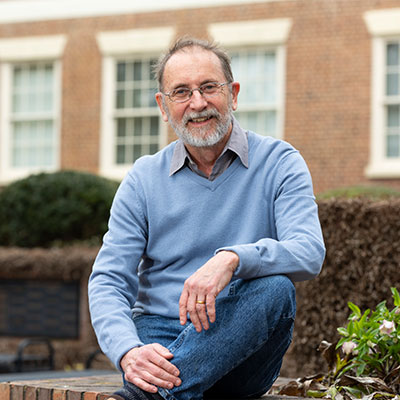
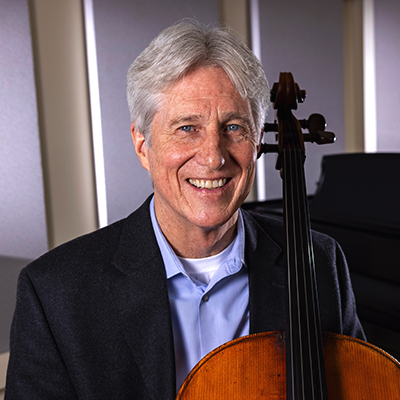
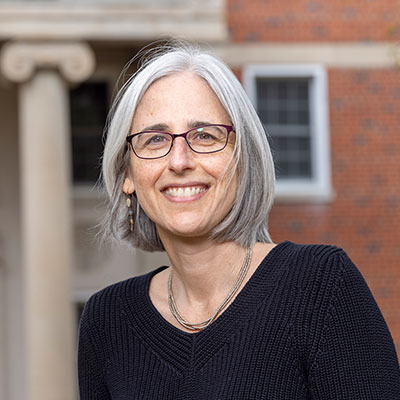
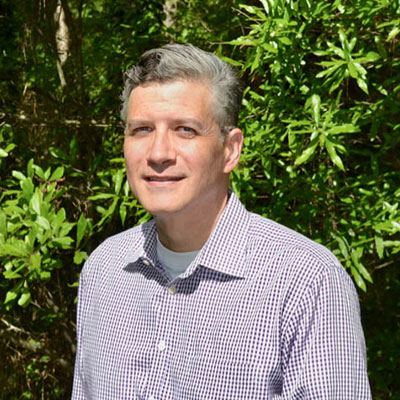
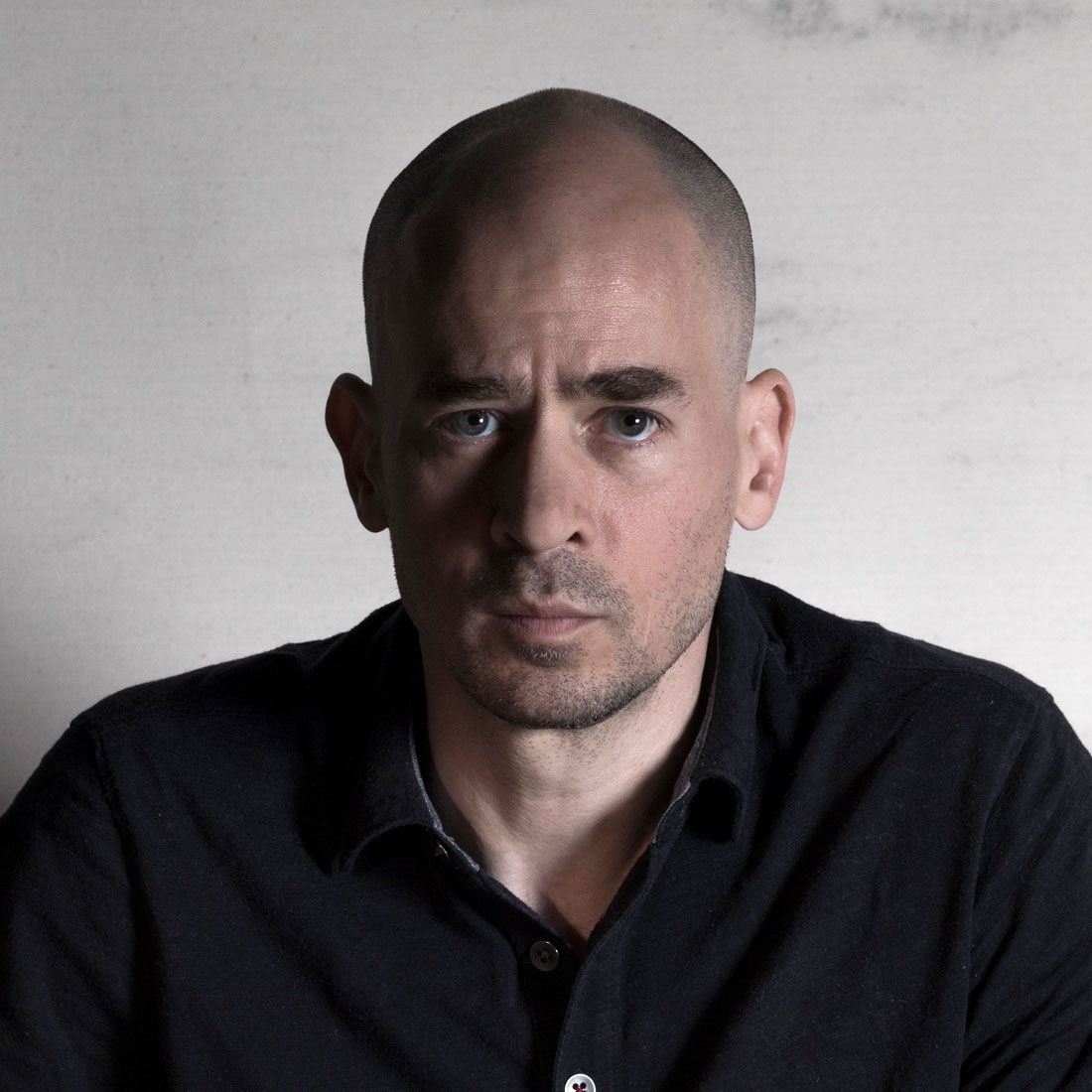
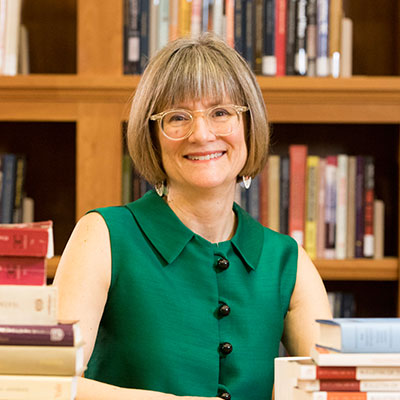
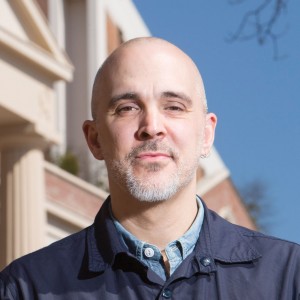
 Distinguished Research Professor 2015
Distinguished Research Professor 2015